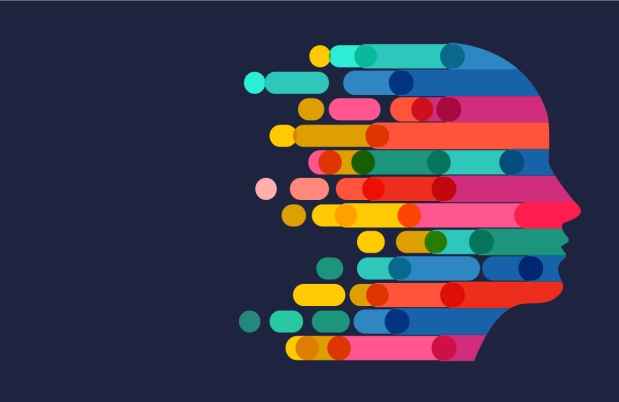Lecture – Early Psychosis Care: National Landscape and Scientific Opportunities
Available with English captions.
Presented by Robert K. Heinssen, PhD, ABPP, National Institute of Mental Health – Visiting Scholar Series
“Something remarkable has happened in the treatment of youth with early psychosis,” says Robert K. Heinssen, PhD, ABPP.
Between 2008 and 2018, evidence-based first episode psychosis treatment programs grew from only 12 clinics in two states to approximately 300 programs in 49 states. This growth allows for the treatment of more and more people with early psychosis. The expansion of programs also promotes scientific innovation and advancements in care.
In this lecture, Heinssen describes the current state of first episode psychosis care in the U.S. Specifically, he examines coordinated specialty care (CSC), the predominant model for treating first episode psychosis.
CSC is a multicomponent, person-centered treatment. Assertive outreach and engagement and multimodal, evidence-based interventions are central. Also, CSC incorporates youth-oriented, team-based treatment and personalized, collaborative care plans.
Watch now to learn more about:
- Benefits of early and comprehensive treatment for first episode psychosis compared to usual care
- Six components of CSC for first episode psychosis
- Characteristics of “learning health care systems” that promote quality improvement and innovation in health care delivery
- Challenges facing CSC programs in the U.S., as well as a look at potential research opportunities
Heinssen discusses the components of “learning health care systems” and explains how these systems can promote quality improvement and innovation and serve as a platform for scientific discovery.
Heinssen recounts the evolution of early and comprehensive treatment for first episode psychosis. Historically, early intervention services for psychosis in the U.S. were limited to academic research centers.
Beginning in 2008, the National Institute of Mental Health (NIMH) launched the Recovery After an Initial Schizophrenia Episode (RAISE) initiative to test the effectiveness and scalability of CSC. The comparative effectiveness and implementation results from RAISE trials influenced federal and state agencies to support the broad application of CSC in community settings.
Building on this success, NIMH recently established an Early Psychosis Intervention Network (EPINET). This network links CSC programs in a national learning health care system that promotes effective, high-quality services for first episode psychosis. EPINET encourages continuous improvement and innovation in practice. It also leverages data collected during routine care to facilitate future scientific investigation.



